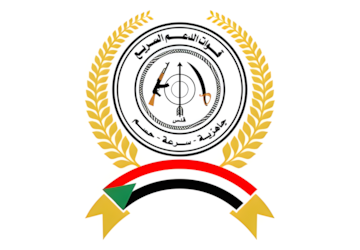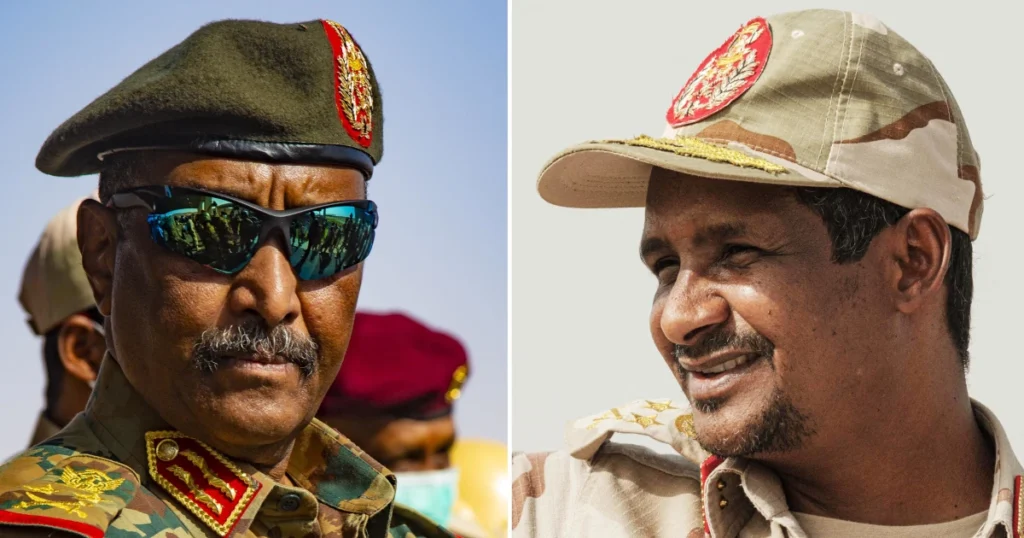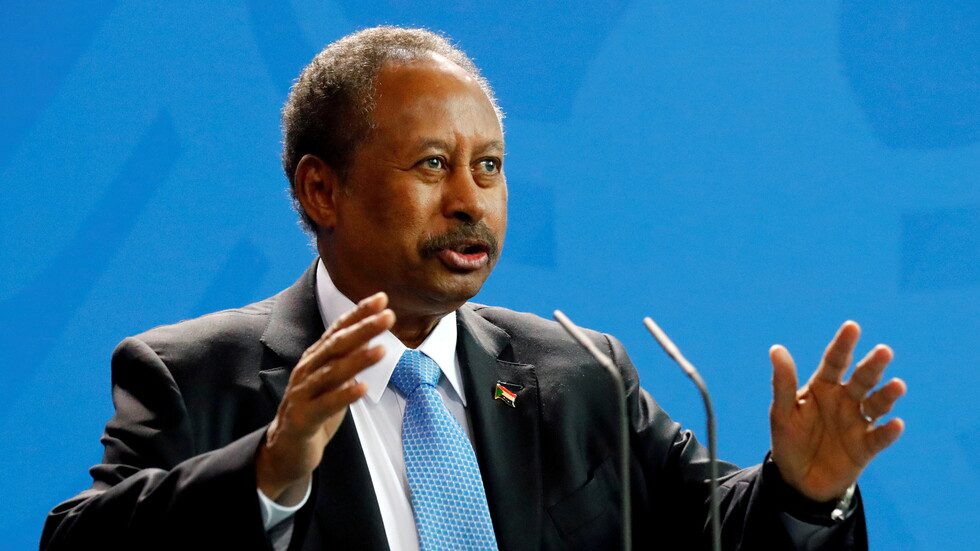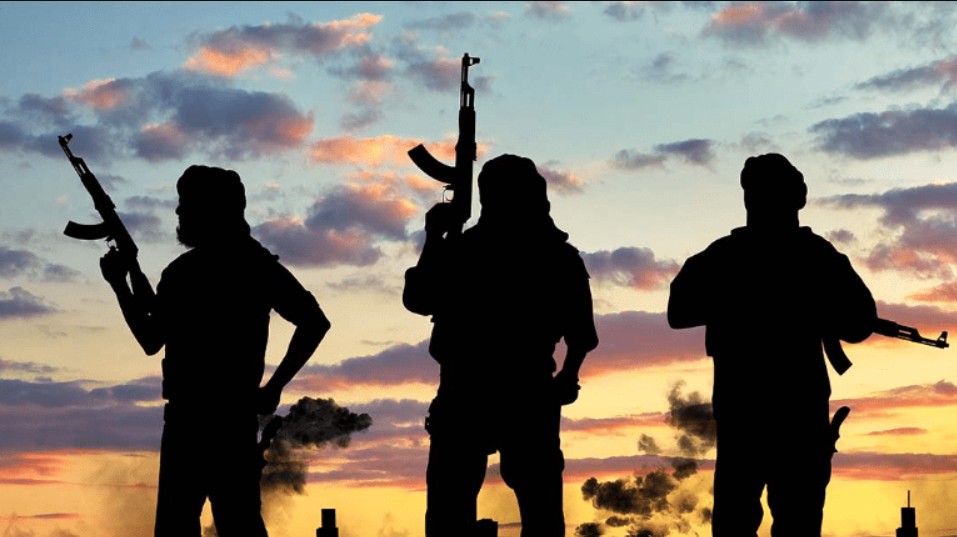
A fresh arrival of a truck is witnessed in Renk, a town in South Sudan, carrying numerous elderly individuals, women, and children. The weariness etched on their faces reveals the arduous journey they have endured, escaping the turmoil in war-stricken Sudan.
This influx, numbering over half a million people, poses a challenge for South Sudan, struggling to provide adequate accommodation for the newcomers. Located merely 10 kilometers from Sudan, Renk finds itself grappling with the continuous stream of displaced individuals.
The conflict that erupted in April of the previous year in Sudan, involving army chief Abdel Fattah al-Burhan and RSF leader Mohamed Hamdan Dagalo, has led to an unceasing flow of terrified individuals seeking refuge in South Sudan. Renk’s two UN-managed transit centers are overwhelmed by the constant arrival of people desperate to escape the violence.
Fatima Mohammed, a 33-year-old teacher who fled with her family from El-Obeid city in central Sudan, narrated the perils of their escape.
They spent five days navigating through a perilous journey, hindered by Sudanese soldiers and Rapid Support Forces (RSF) fighters. At various checkpoints, they faced confiscation of phones, money, and witnessed abuses.
Since the conflict’s initiation, nearly eight million people, including half of them children, have been displaced both within and outside Sudan. Approximately 560,000 of them have sought refuge in South Sudan, with an estimated 1,500 new arrivals daily, as per the United Nations.
In the transit camps, individuals, like Iman David, who fled Khartoum with her infant daughter seven months ago, hope for a swift return home. The conflict, documented by the UN, has claimed thousands of civilian lives, leaving around 25 million people, more than half of Sudan’s population, in need of humanitarian assistance.
Additionally, 3.8 million children under five are grappling with malnutrition.
While some in Renk aspire to return home, others aim to proceed to Malakal in Upper Nile state, which is also grappling with a significant refugee population. At the Renk port, crowds endure hours under the scorching sun, awaiting the metal boats that make the journey at least twice a week.
Lina Juna, a 27-year-old mother of four, expresses her intent to reach the South Sudanese capital, Juba, despite having no connections or work prospects there.
The expectation is that Juba will offer a better life than Khartoum, where she faced the challenges of securing food amidst intense fighting.
Despite the difficulties, as up to 10 trucks and buses arrive in Renk daily, the UN is actively seeking support from the international community. A recent appeal for $4.1 billion aims to address the urgent humanitarian needs arising from this crisis. The approaching monsoon season raises concerns about the impact on the port’s functionality, emphasizing the need for swift assistance.




